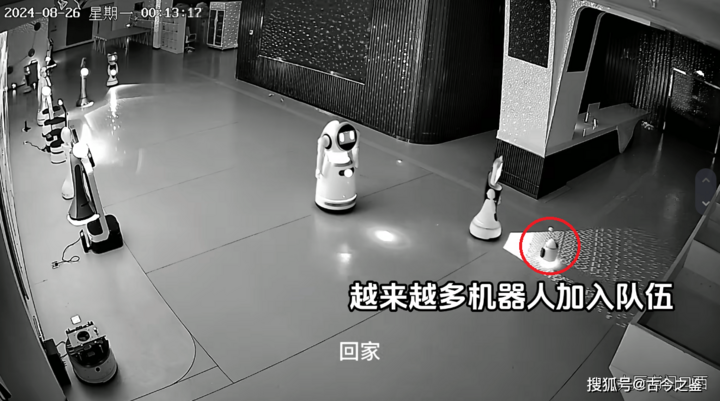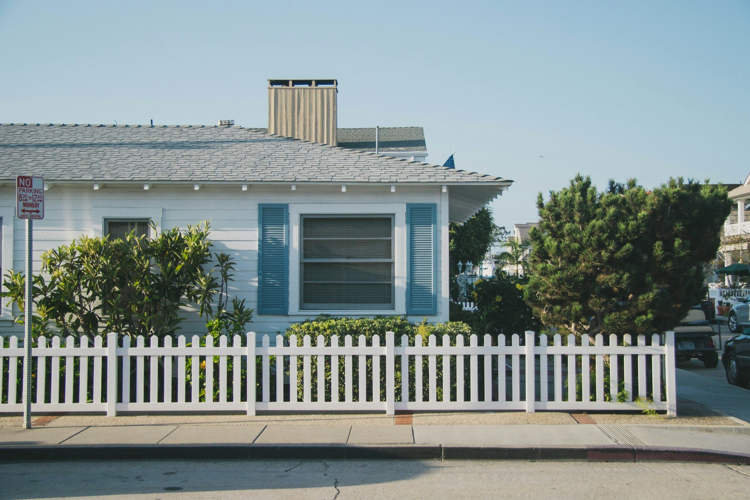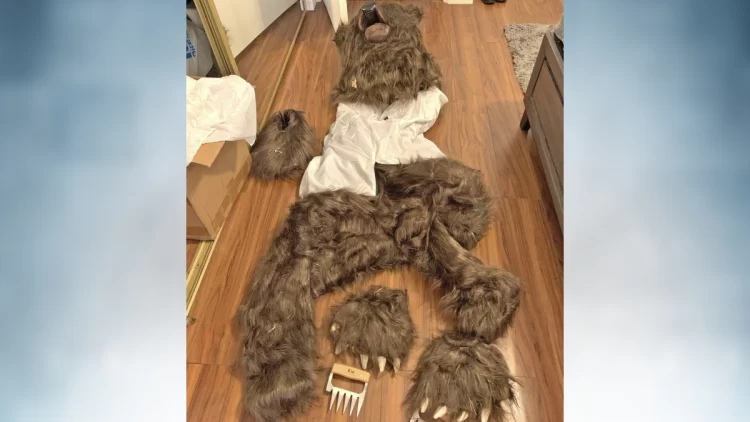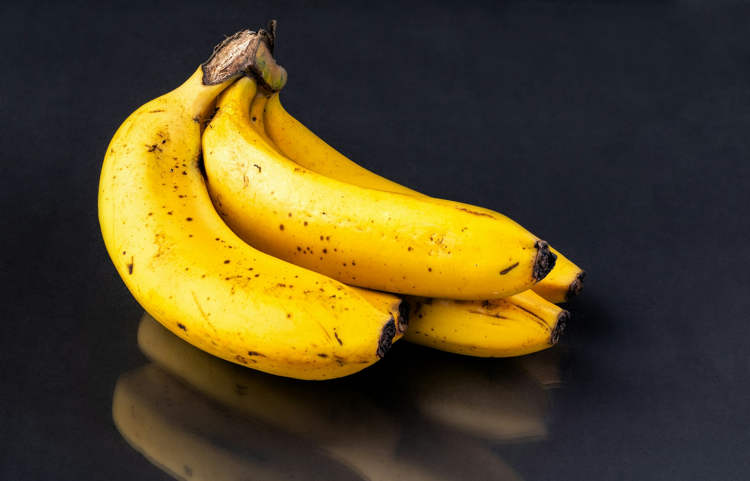For nearly 50 years, Don Ritchie saved the lives of people who were on the verge of suicide. During his lifetime, he managed to stop 160 people from plunging to their deaths at Australia’s most famous suicide point – a cliff called ‘the Gap’ – with just a kind word and a smile. Although he passed away a couple of years ago at age 85, he is still fondly remembered as ‘the Angel of the Gap’.
Ritchie was an extraordinary gentleman who deliberately chose to live right across the street from The Gap, just so he could continue saving lives. He would wake up every morning and look out of the window for “anyone standing too close to the precipice.” If he saw someone and thought they might jump, he would simply walk over with his palms facing up, smile, and say: “Is there something I could do to help you?”
That sounds incredibly simple, but the trick worked – Ritchie managed to strike a conversation with these people and ended up inviting them back to his house for tea or breakfast. “And that was all that was often needed to turn people around, and he would say not to underestimate the power of a kind word and a smile,” said his daughter Sue Ritchie Bereny.
Photo: Craig Greenhill/The Daily Telegraph
“I’m offering them an alternative, really,” Ritchie once said. “I always act in a friendly manner. I smile. Over the years, I’ve spoken to many, many of them – just a way of saying, ‘What are you doing over here? Please come and talk to me. Come over and have a cup of tea, come and have a beer.’ To get them away from their mind, to get them away from going over while I’m here.”
Ritchie had served in the Royal Australian Navy during World War II and spent his later years working as a life insurance salesman. In 1964, he moved into a house on Old South Head Road, right across the road from the southern end of the Gap Park. He began saving suicidal strangers soon after.
Photo: Ian Woolf
“We’d been here only a short time before I realized that a lot of people were coming over here and looking at the view and the next thing I find, they disappeared!” he said in an interview. “We’ve been involved in lots of these incidents and it’s just become part of a way of life for me to sort of sell them the idea that why not come over and talk about it and see how we can fix it.”
“Things were different way back then,” said Sue Ritchie. “It was before there were police rescue vans, before there were more sophisticated mechanisms like hotlines. In those days, he got a bravery medal for saving somebody at the cliff – he actually tackled somebody on the edge of a cliff.”
Photo: Ajayvius
Ritchie continued to live at the house until his death in 2012 – he had no qualms about staying on despite the constant stream of suicide attempts. While most other people would have moved out, he never considered it to be a burden: “I think, ‘Isn’t it wonderful that we live here and we can help people?’” he used to say. He obviously couldn’t prevent all the suicides, but he didn’t let those deaths haunt him. Ritchie often remarked that he tried his best with each person, and if he lost one, he just accepted that there was nothing more he could have done.
In 2006, Ritchie was awarded the Medal of the Order of Australia for all his resuces. In 2010, he and his wife were named Woollahra Council’s citizens of the year and in 2011, he was given the Local Hero Award for Australia by the National Australia Day Council.
“In a situation where most would turn a blind eye, Don has taken action,” wrote the National Australia Day Council. “With such simple actions Don has saved an extraordinary number of lives. Don’s story touched the hearts of all Australians and challenged us to rethink what it means to be a good neighbor.”
Don Ritchie – the man with the smile that saved over a hundred lives – spent the last year of his life battling cancer. He eventually passed away in May 2012, surrounded by his wife Moya, his daughters Jan, Donna and Sue, and his four grandchildren. He remained optimistic till the very end: “I imagine somebody else will come along and do what I’ve been doing,” he said in one of his last interviews.
Sources: The Sydney Morning Herald, Gawker









